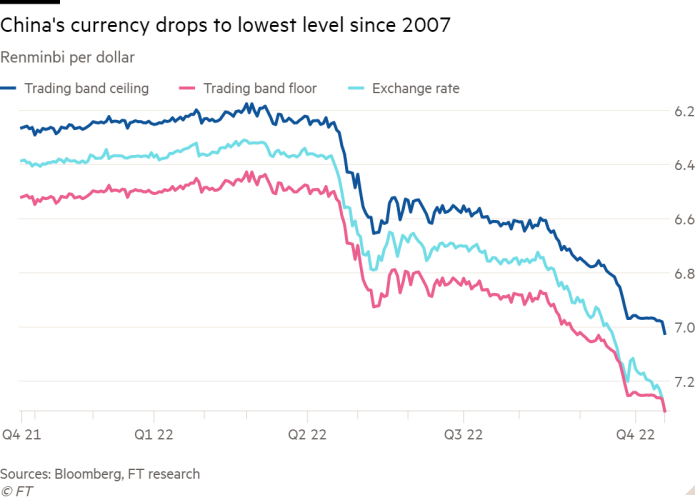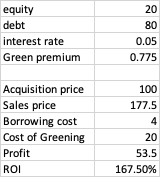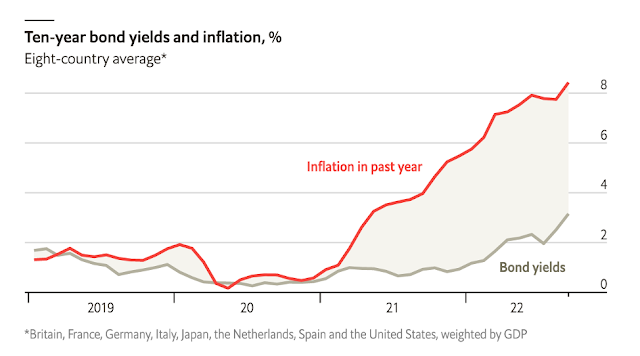Chaos Monkeys, Obscene Fortune and Random Failure in Silicon Valley is an autobiography of a Physics PhD from Berkeley who:
- Went to Goldman Sachs to model credit derivatives;
- Founded a startup to be the Goldman Sachs of online ads: instead of moving companies to their highest valued uses it moved ads to the best content .
- Created FBX (Facebook Ad Exchange) that allows advertisers to bid for targeted users.
The NY Times begrudgingly gave it a good review (they were able to look past the self-interested behavior the book celebrates and satirizes) because of its "educational value." The book teaches readers:
1. To anticipate opportunistic behavior caused by the incentive conflicts between entrepreneurs, angel investors, and venture capitalists.
2. To understand how ad exchanges (i) find the highest-value ads for each piece of content, and (ii) find the highest-value content for each ad.
3. How (not) to navigate the internal politics of Facebook, as it moves from a small startup ("move fast and break things") to a mature bureaucracy (self-interested bureaucrats), in a fast-changing environment.
Useful tips for those working at startups:
- Acquisitions are mainly about people, not ideas or technology. Any acquired technology will require continuous updating, so the people who can do that are more valuable than technology they create.
- Negotiate your stock bonus vesting schedule: the longer it is, the less value it has because it "locks you in" to one company, regardless of whether that is your highest valued use
- Facebook's "one ask" policy on office romances. To avoid creating a hostile work environment for the few women who worked at Facebook, it allowed employees only one time to ask another employee out. If (s)he says "no," and you ask again, HR comes knocking.
I found the book informative, a fun read, and loved the surprising ending. Highly recommended.













